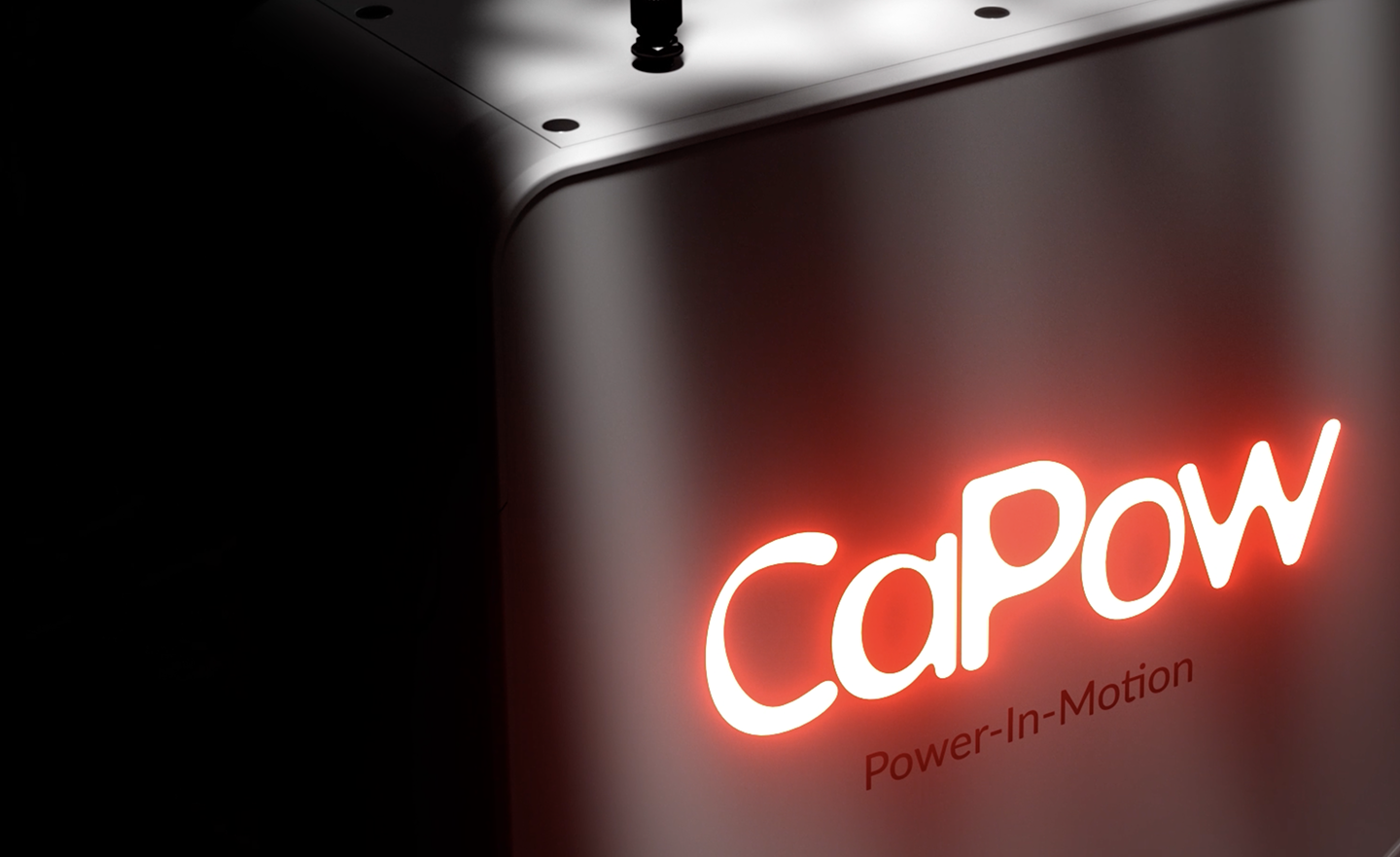There’s something about automation that feels invincible, until your robots stop.
Every charging cycle. Every extra robot just sitting around as backup. Every square foot wasted on docks. Every hour of inactivity. It all adds up. Not just in lost time- but in lost profit.
And yet, while most operations are still designing around limitations, a handful of frontrunners decided to eliminate them.
Let’s talk numbers. And real results.
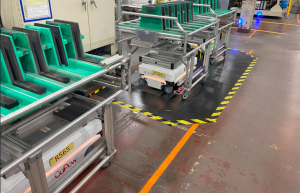
🔧 A tier-1 automotive manufacturer running one of the largest facilities in North America saw 25% of its robotic fleet offline at any given time. To compensate, they scaled up to 50 robots, knowing 20% were just there to absorb the hit.
Then came CaPow.
No redesign. No rebuild. Just integration of Genesis, CaPow’s Power-in-Motion energy platform.
Result? 100% uptime. Automation losses down by 50%. The backup fleet? Gone.
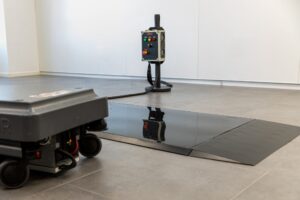
🚚 At JLC Robotics, the situation was similar. Their Thouzer AGVs were leading-edge, but shackled by lead-acid batteries and up to 8 hours of charging per shift.
So they tore them out. Replaced them with CaPow’s supercapacitors. Installed Genesis.
The impact?
-
Operational losses cut by 50%
-
Cost-of-ownership dropped by 32%
-
No more dedicated charging zones
-
No more shift gaps due to low power
As Phil Denton put it: “It just works. No more forgetting to charge, no more bottlenecks. We stopped managing power- and started managing productivity.”
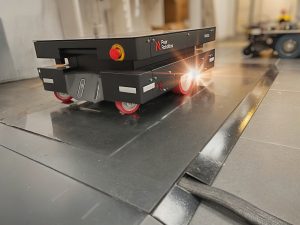
🤖 Peer Robotics partnered with CaPow to bring Power-in-Motion to their collaborative AMRs- and found it was the missing link in unlocking true continuous operation.
-
No floor-space concessions
-
No re-routing for charging stops
-
No expensive alignment headaches
Why? Because CaPow’s modular floor antennas and receivers can deliver power even when misaligned up to 50% of the robot’s width. That’s not marketing speak. That’s patented physics.
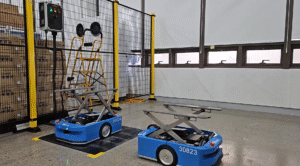
🚗 Hyundai Glovis, a logistics giant under the Hyundai Motor Group, ran side-by-side trials comparing CaPow’s dynamic system to traditional contact-based charging. The verdict?
“Downtime was eliminated.”
Not reduced. Not optimized. Eliminated.
So here’s the real question:
If downtime can be zero…
If backup fleets are optional…
If ROI can be shortened by a third…
If lithium battery dependence is no longer mandatory…
Then why are you still running like it’s 2015?
CaPow’s Genesis isn’t another wireless charging solution, it’s a total reframe of how energy meets motion. Power is delivered while robots move, at full operational speed, without forcing detours, slowdowns, or space sacrifices. And it works with any robot- AGVs, AMRs, pallet shuttles, you name it.
You don’t need more robots.
You need robots that never stop.
📩 Want to see what your numbers would look like?
We’ll show you the savings- fleet size, space, batteries, energy costs. All of it.
👉 Book a demo or run the Savings Calculator.
Because when others are scaling inefficiency, you could be scaling output.
